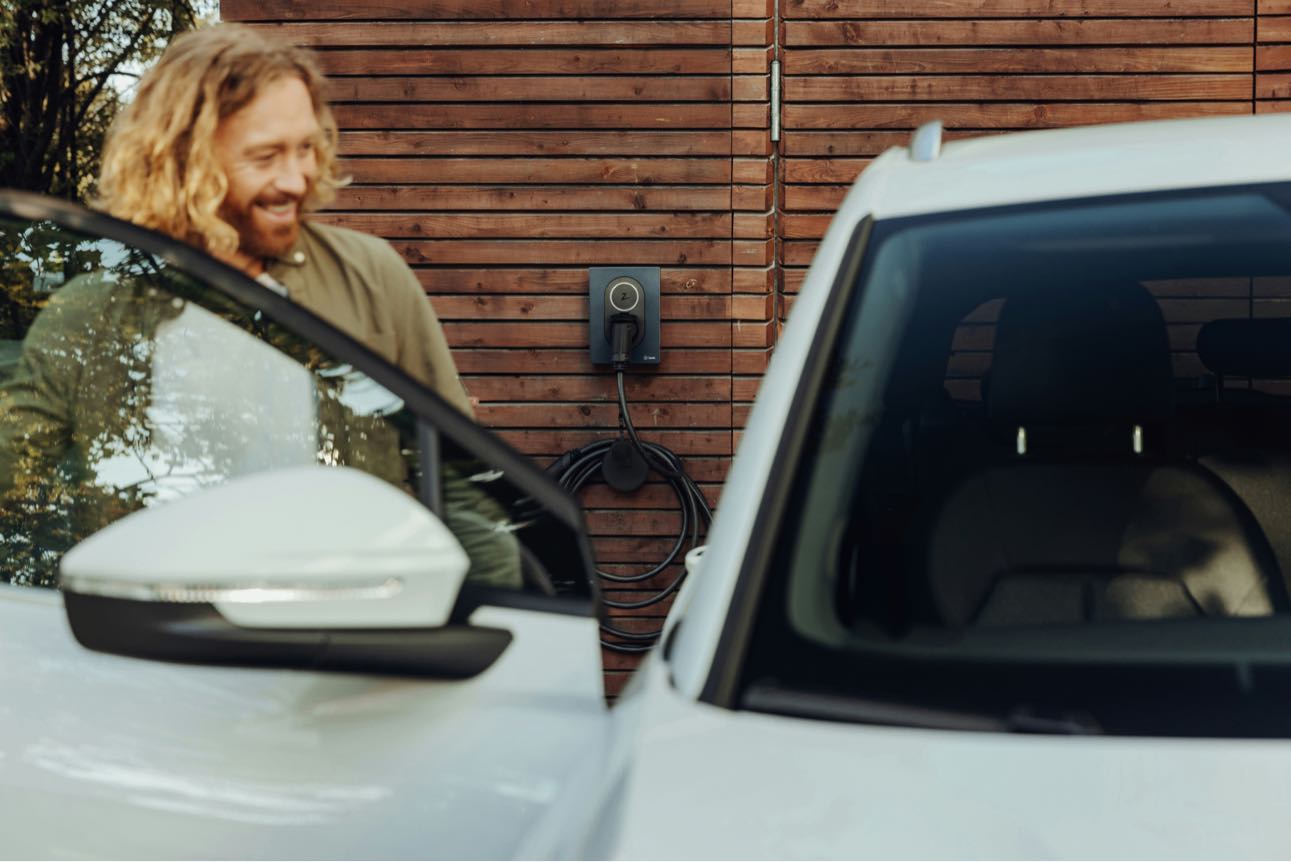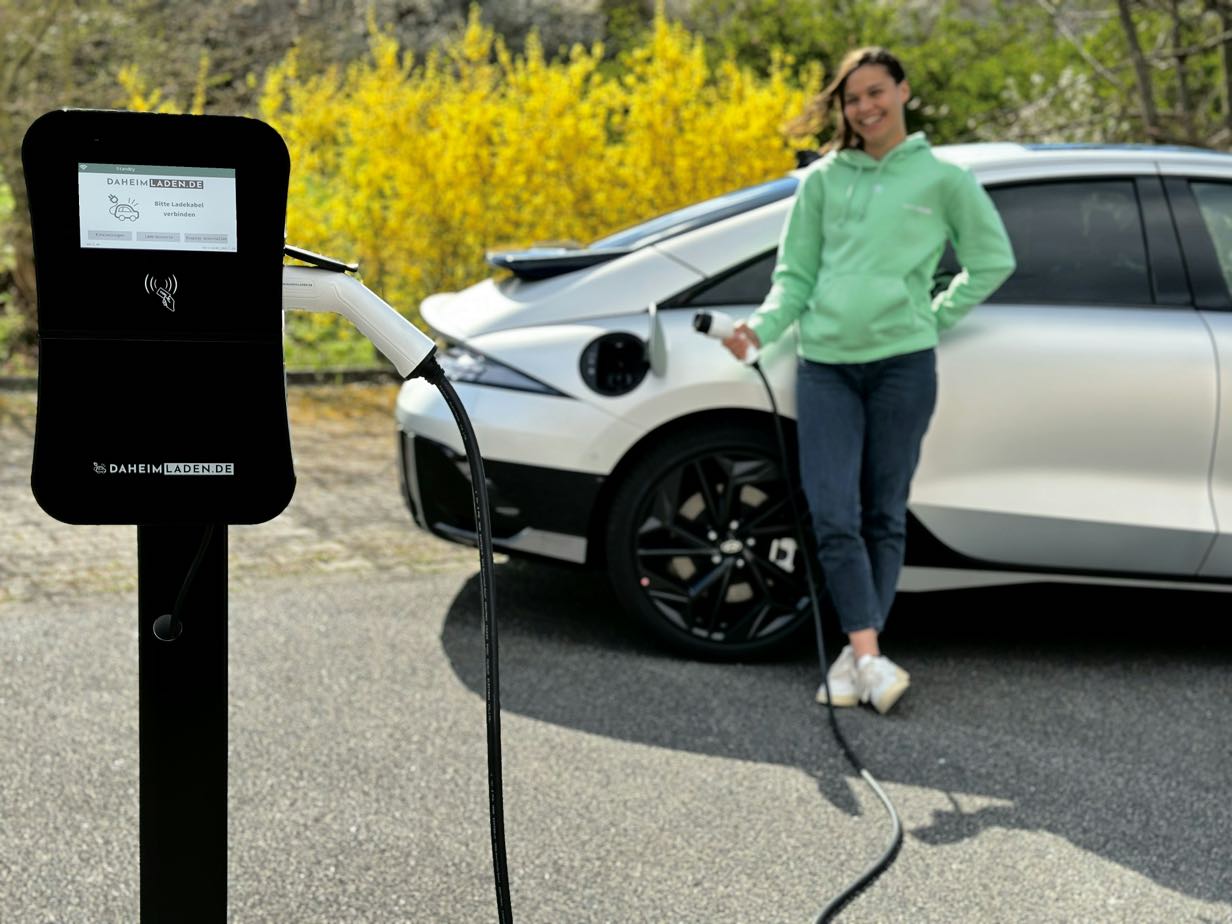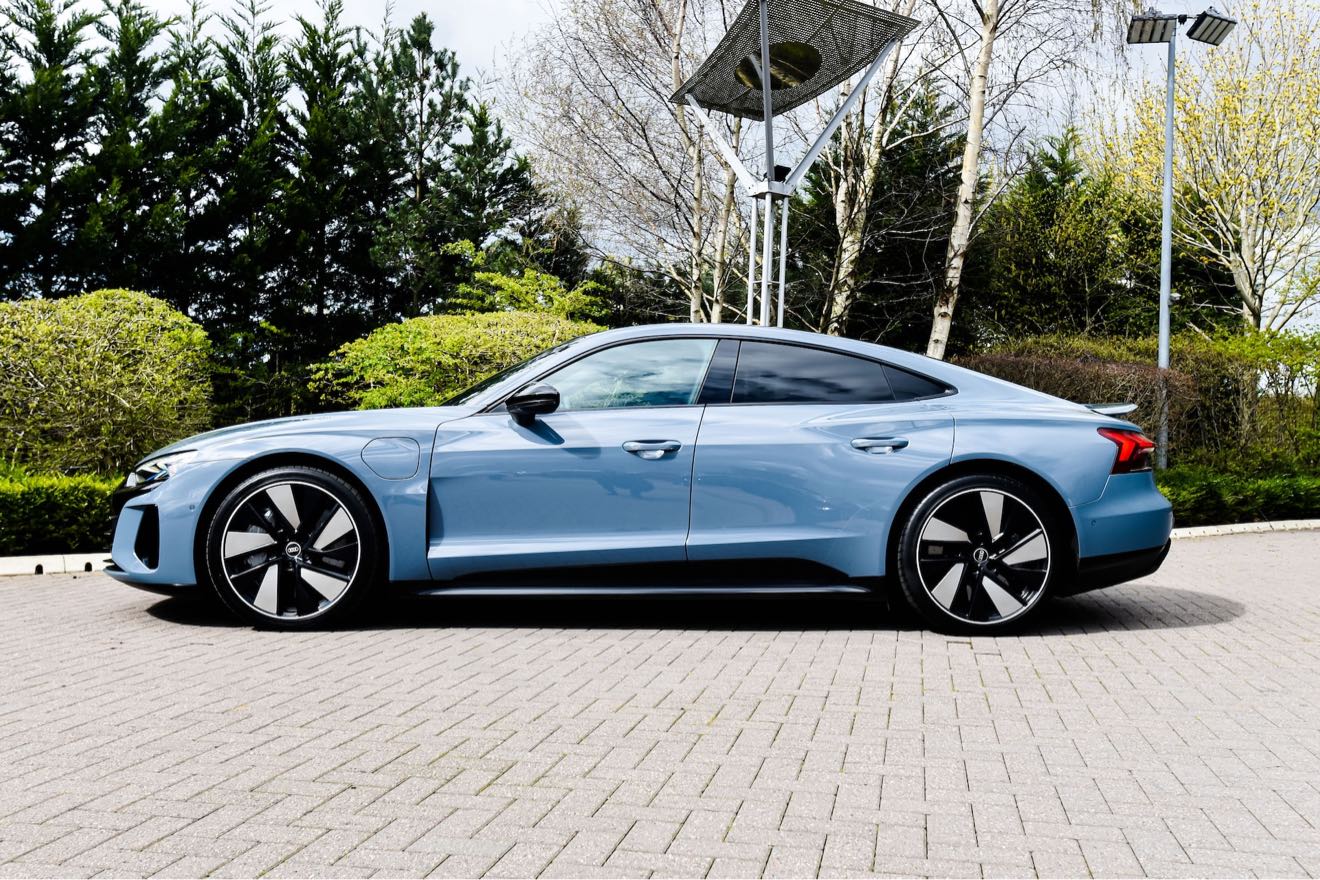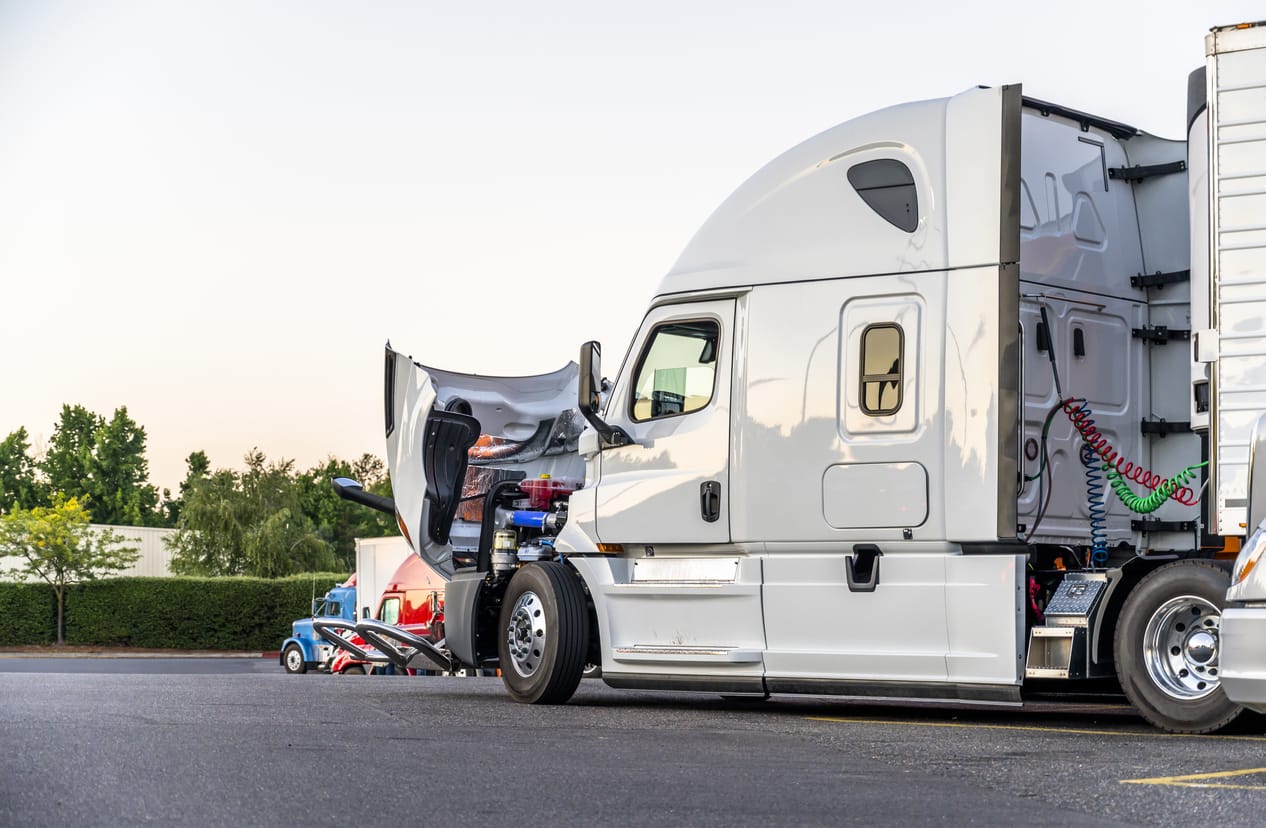In the automobile industry, electric vehicles (EVs) are becoming an increasingly popular category. This growth may be attributed to the increased awareness of environmental concerns as well as the developments in technology. On the other hand, the spread of electric vehicle charging stations is sometimes impeded by unpredictable “soft costs.” This article looks into a new research conducted by the United States Department of Energy (DOE), which sheds light on these expenditures that are frequently disregarded and investigates alternative approaches to lessen their impact in order to promote a more seamless transition to electric vehicle infrastructure.

Defining Soft Costs The term “soft costs” refers to a wide range of expenses that are not related to hardware and are included in the overall cost of implementing electric vehicle charging stations. This includes the expenditures of obtaining permits, conducting inspections, managing administration, and connecting utilities. Soft costs, on the other hand, are difficult to pin down and can vary substantially depending on the region and the legal environment. This is in contrast to the cost of hardware, which includes building and charging stations.
The DOE’s Initiative For the purpose of conducting a more in-depth investigation of these expenses, the National Renewable Energy Laboratory (NREL) of the Department of Energy has collaborated with Lawrence Berkeley and Idaho National Laboratories. They want to chronicle and understand how these expenses develop, as well as how they may be efficiently controlled and decreased, and their study tries to achieve both of those things.
Variability Across Regions According to the findings of the study, one of the most significant challenges that exists is the fact that various jurisdictions have varied land use and development rules. Due to the fact that electric vehicle charging infrastructure is not usually specifically described in zoning and permits, this discrepancy ultimately results in ambiguity among stakeholders.
Streamlining Processes In the course of the NREL study, several administrative procedures that contribute to soft costs are being investigated in order to find solutions to simplify the process of acquiring electric vehicle licenses. Accelerating the deployment of electric vehicle charging stations and making them more cost-effective may be accomplished by standardizing these expenses, as well as minimizing the amount of time and manpower engaged in the process.

NREL’s Ongoing Research Although preliminary findings highlight the necessity of a centralized platform for stakeholders to track and handle soft costs, the research is still in its early phases and has not yet reached its fully developed state. In order to enable this involvement and share their findings with the public, the National Renewable Energy Laboratory (NREL) intends to develop a website later on in the year.
Implications for Stakeholders Having an awareness of soft costs and taking measures to mitigate them is essential for governments and private-sector organizations who are contemplating the growth of electric vehicle infrastructure. With this information, not only will it be easier to create a budget and plan, but it will also be easier to formulate policies that would encourage the broad use of electric cars.
The Department of Energy’s (DOE) study on soft costs highlights substantial obstacles related to the implementation of electric vehicle infrastructure, but it also gives potential to optimize. The findings of the study will be extremely important in the process of formulating strategies to reduce these costs and improve the effectiveness of electric vehicle charging station installations as the study continues.

Ship A Car Inc is recognized as the country’s foremost provider of transport options that are both efficient and cost-effective for electric vehicles across the United States. We are committed to providing a smooth service and are able to meet all of your electric vehicle shipping requirements with an unmatched level of expertise and dependability. No matter if it’s a single electric car or a full fleet, our knowledgeable coordinators will make sure that your vehicles are delivered on time and in a secure manner. You may receive the best electric vehicle shipping costs by calling us at (866) 821-4555, and our knowledgeable team will be happy to discuss your individual requirements with you right away.
Q: What are soft costs in EV charging infrastructure?
A: The term “soft costs” refers to the indirect charges that are associated with the deployment of electric vehicle charging stations. These prices include administrative fees, inspections, and permits, and they can often account for as much as fifty percent of the entire cost of the project.
Q: How is the DOE addressing the variability of soft costs?
A: By standardizing processes and boosting understanding among stakeholders, the Department of Energy (DOE) is undertaking a research to identify and minimize the soft costs. This might lead to decreased expenses and faster deployment. The project is being conducted through the National Renewable Energy Laboratory (NREL) and its partners.
Q: Why is understanding soft costs important for companies like Ship A Car Inc?
A: For the purpose of planning and budgeting the deployment of electric car charging stations, which complements our services by ensuring that vehicle transport infrastructure maintains pace with market needs and regulatory contexts, it is essential to have a thorough understanding of these expenses.




